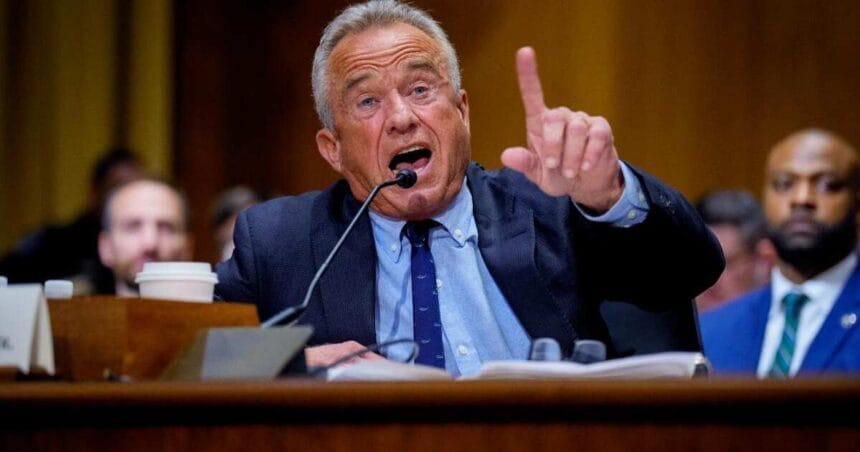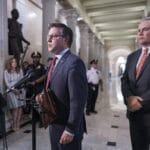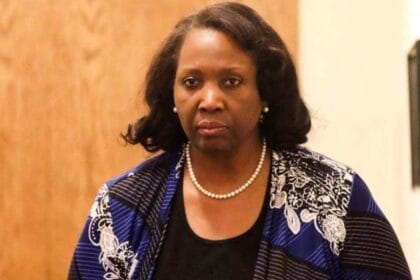During a tense Senate Finance Committee hearing, Health Secretary Robert F. Kennedy Jr. defended his sweeping shakeup of the CDC, firing of its director, and vaccine restrictions. His testimony sparked calls for resignation, with lawmakers like Ron Wyden and Bill Cassidy leading bipartisan condemnation.
RFK Jr hearing erupts amid agency upheaval
Health Secretary RFK Jr. testified for over three hours before the Senate Finance Committee, facing fierce questioning over his overhaul of the CDC and controversial vaccine decisions. Lawmakers pressed him on claims that sidelined vaccine access and disruptive leadership changes.
Demanding accountability from HHS
Senator Ron Wyden accused RFK Jr. of replacing vaccine experts with skeptics, driving mistrust in public health. “You’re a hazard to the health of the American people,” Wyden said, demanding the secretary resign. Meanwhile, Senator Maria Cantwell labeled him a “charlatan” undermining decades of scientific progress.
GOP voices join the criticism
Republican Senator Bill Cassidy condemned RFK Jr. for effectively denying vaccines through restrictive policies. Senator John Barrasso echoed concerns about political interference in health decisions, saying Kennedy’s actions compromised safety and credibility.
CDC leadership crisis fuels firestorm
RFK Jr.’s dismissal of CDC Director Susan Monarez triggered a rapid exodus of senior officials, intensifying scrutiny of his leadership style. During the hearing, Kennedy insisted the removals were necessary for reform, dismissing claims of political retaliation.
Advisory panels transformed
Kennedy revealed he removed all 17 members of the vaccine advisory committee, reshaping the body’s makeup. Critics warn this move risks politicizing critical public health guidance and impeding data-driven decision-making.
Vaccine policy under fire
Kennedy defended limiting COVID-19 vaccine access for healthy children and pregnant women—actions he said were needed to restore integrity. Yet senators challenged his reversal on previous commitments, highlighting risks to vulnerable populations.














